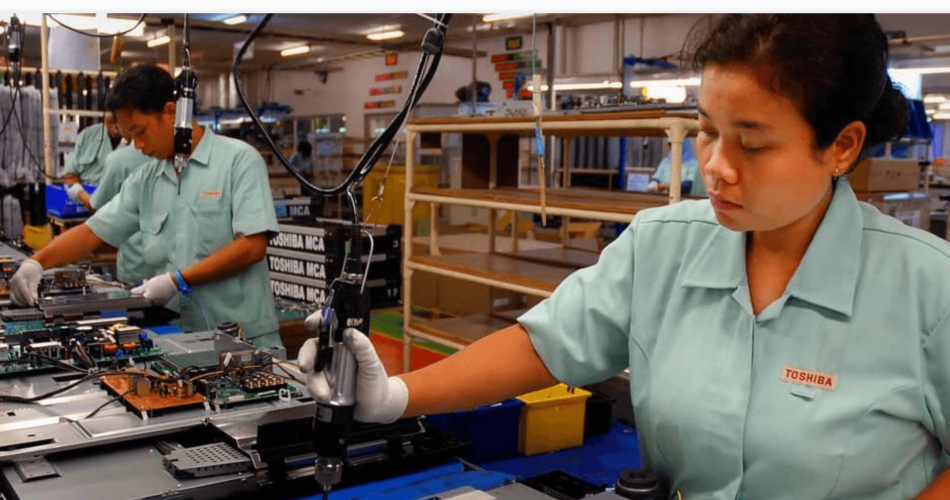We often see the visible part of the iceberg but rarely its hidden face. That’s why it’s important to talk about the manufacturing conditions of our smartphones, the ones we talk about very rarely. Diseases, social washing, it is our responsibility to denounce these behaviors and encourage the change of consumption.
The documentary Complicit (2015), an award-winning debate screening organized by Point de M.I.R and TeleCoop, traces the path of several Chinese workers during the manufacture of our smartphones and raises many problems related to these manufacturing conditions.
The majority of our electronic devices, and therefore our smartphones, are made in Asia and more precisely 90% of them are made in China. Those who work on our smartphones are called “migrant workers”. They leave their city to work in the big cities where the assembly plants are located. These workers represent 12 million adolescents who work to help their families.
In these factories many occupational diseases appear and sometimes years later, which makes it difficult to quantify them accurately. These diseases, which cause death in many cases, are mainly due to the handling of toxic substances such as N-hexane and benzene used as solvents. According to NGOs, benzene is the cause of many cancers and N-hexane, used to clean smartphone screens, can cause paralysis for those who handle it for too long. These diseases are only rarely recognized by companies that help to maintain this ignorance. Bribes to hospitals are frequent in order to hide these cases.
Major brands such as Apple and Samsung claim that these products are no longer used and that there is better traceability and working conditions now. However, the field surveys reveal a completely different reality and reveal the unfortunate tendency of these actors for the «social washing».
In the case of Foxconn, the elimination of these products in its manufacturing processes would cost it only about one extra euro per smartphone produced, according to Agnès Crepet from Fairphone. At Fairphone, working with subcontractors who pay their employees decently and with proper working conditions will cost them only around 1.85 euros per smartphone produced.
It is fundamental to see behind the scenes of the manufacture of our smartphones, to see the faces working on them because they are even less evoked than the environmental impacts related to digital. It is our responsibility to change the way we consume, to adopt sobriety in our purchases and to choose them better.
Through its content, the objective of FairTEC, a collective of actors committed to the service of digital sobriety, is to allow everyone to benefit from solutions that respect environmental and social issues related to our mobile uses and thus offer credible and sustainable alternatives to change paradigm. Because digital technology has ecological, social and privacy impacts, it has become urgent to collectively address these issues.

